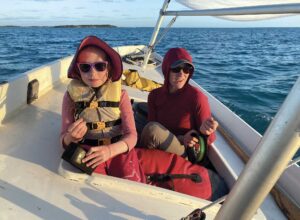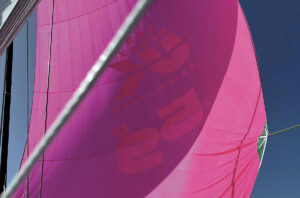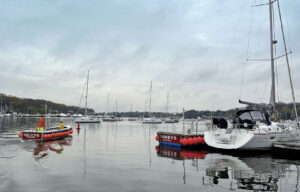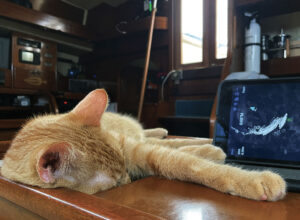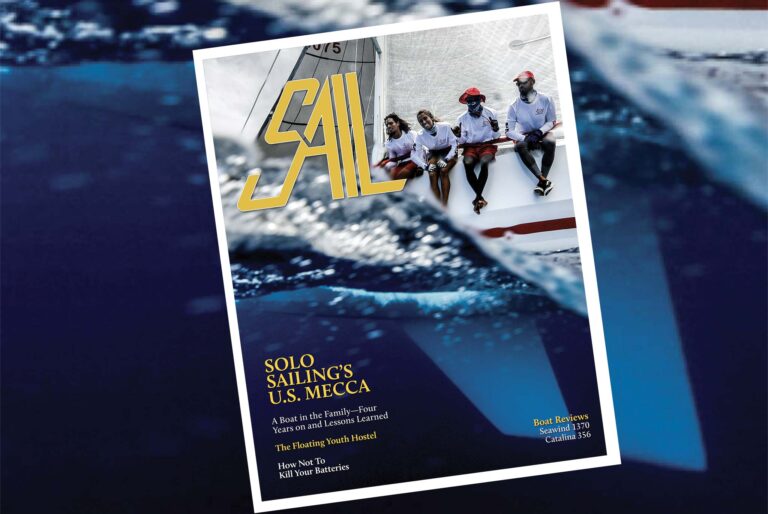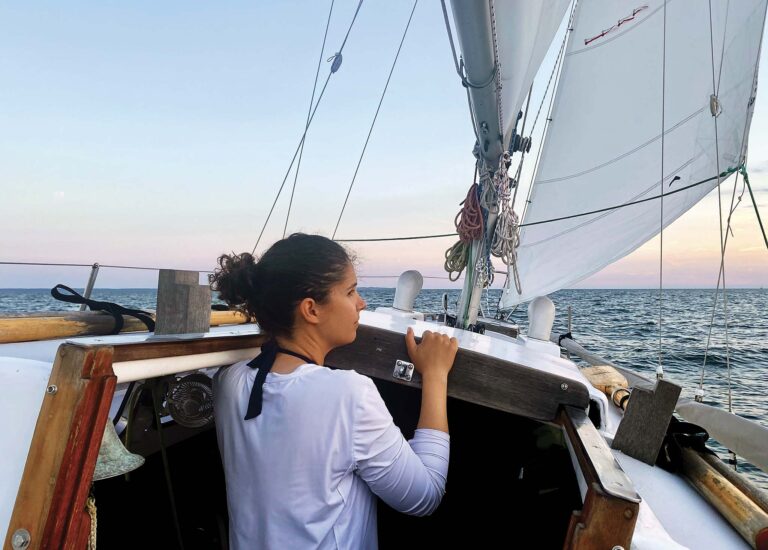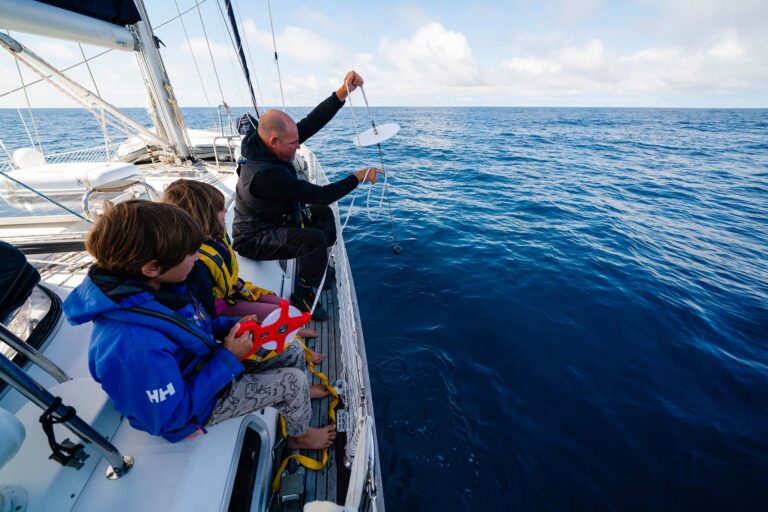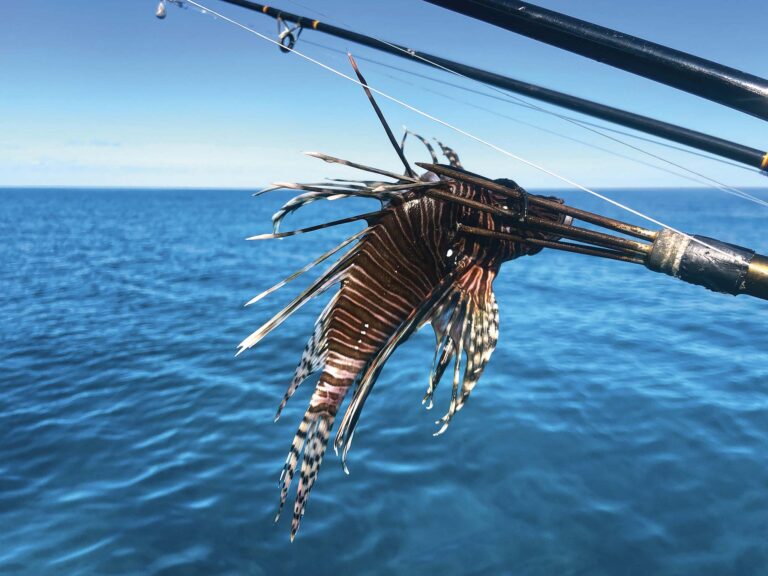On Friday May 13th, 1994, two friends, two other SCUBA divers and I were lost at sea after a dive off the coast of Fiji. That day, an act of luck in the form of a yacht from Boston plucked our soggy bottoms out of the Fijian ocean. I can’t recall if in the excitement of the rescue I managed to thank our unnamed heros, but it was their superb navigation that allowed me to be here today.
We had set out for a drift dive, which would be the last dive of our eight-month, post-college adventure around Australia, New Zealand and Fiji. It was a bit of a windy day, but we trusted our dive master as we donned full kit and headed out to sea. The dive was spectacular—sharks, schools of fish and a high-speed current that made you feel like an aquatic superwoman. When we surfaced, our boat was fairly far away, which is not unusual with a drift dive. If it drifts, the typical procedure is to inflate your dive signal tube, wait for the boat driver to notice you, and then get picked up. In our case, there was one tragic piece missing: our boat’s driver had fallen asleep. We drifted away. The current that had made our dive so exciting now served as a swift ride into the open ocean, as mainland Fiji slid away into a shadowy hill.
The first hour was mildly entertaining. We were sure the boat would come, so we sang and took pictures. At 21, we all thought we were indestructible; a little drifting was just an annoying delay to our next fruity beverage.
At hour three, we started to shiver and to panic. We hadn’t seen a boat and we could barely see land. To add to the excitement, the dive master spotted some fish turbulence in the distance and called us into a “shark huddle.” We had no option to swim around the fish scrum, so we joined arms, lifted up our dangling legs and floated through the frenzy.
At hour four, we started to swim for mainland. In retrospect, perhaps we should have done that earlier, but a combination of “the bends” and the exertion it would have required had our dive master emphatically refusing to do so. Besides, he said, if we made it to Fiji, we would only be crushed on the reef. That was reason enough for me to postpone, but with dusk creeping in, we were getting nowhere except for a great deal further from land.
By this time the winds had picked up to create 10-15 feet swells. Our tired, thirsty and discouraged bodies could barely put out the effort to carry on, so I flipped onto my back to swim. I was more comfortable swimming that way and it kept my face out of the water.
And that’s when I spotted our miracle. Through the troughs I saw it—a big, beautiful boat. We started screaming and flailing our arms as our bodies bounced through the roller coaster waves. It took us about half an hour to get their attention and have them turn toward us. They had heard the distress call about some lost divers, happened to be in the area where we surfaced, and were familiar with the Fijian currents. That was enough for them to track us down. There were 10 local boats, two planes and a helicopter searching in an entirely different place and the only boat that tracked us down was visiting Fiji from Boston. What are the odds?
While we were drifting, we promised that if we were rescued, we would live a good life—be good people, contribute to the world, tell the people we love how much we appreciate them. As often happens, we returned home, the shock wore off, and we kept only some of those promises.
Still, every May 13 I am reminded of my promise to celebrate life, and of the importance of diligent navigation. I don’t know if we ever thanked our unnamed heroes that took the time and had the skills to find us, but if anyone recognizes these guys, please give them a hug for me and thank them for being excellent seamen. Then, hug your family, your friends, your dog. Smile at a stranger, pursue your dreams and have your best day ever – every day. Then repeat. If you ever get lost at sea, four hours is a long time to review your list of wishes and regrets.
